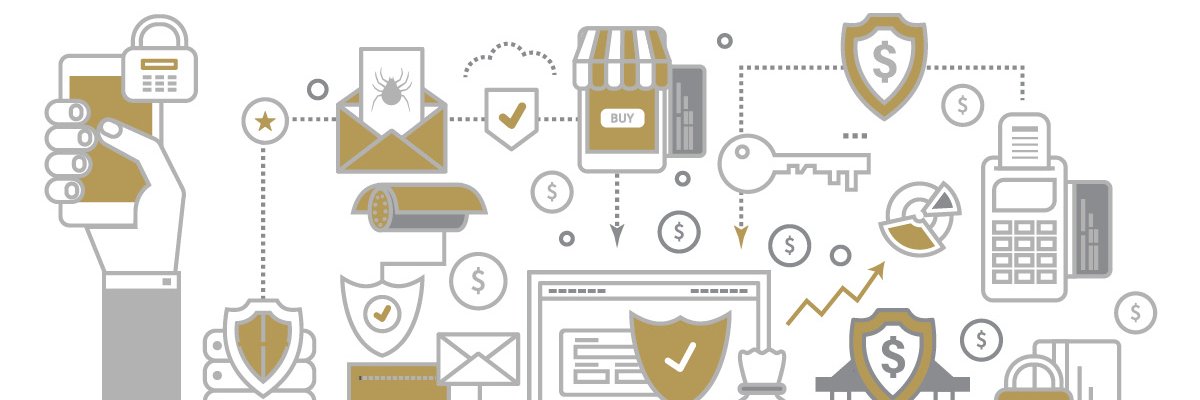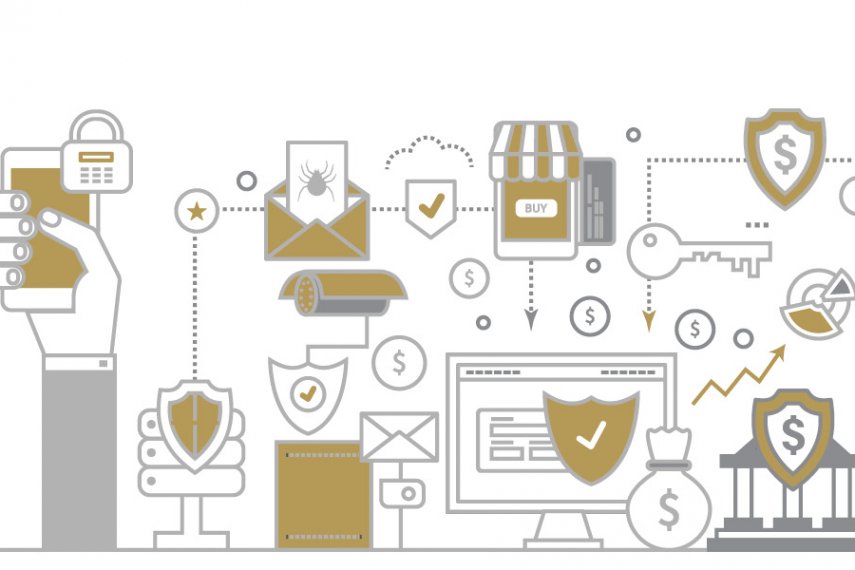Please be aware that spoofing attempts are on the rise. Fraudsters are calling texting, and emailing, claiming to be from OU Credit Union. They may ask you to transfer funds, verify an unauthorized transaction, report holds on your account, or inform you that your account may be frozen. OU Credit Union will never ask for your pin, passwords, one-time access codes, or personal information.
What Happens if I Receive a Spoofing Call/Text/Email?
Do not provide any personal information such as credit/debit card numbers, PINs, usernames, passwords to financial accounts, or secure one-time access codes.
OU Credit Union would never request you to transfer funds out of your account. We recommend blocking the sender to avoid further contact from this source. You can also report the call and phone number to your phone carrier.
If you receive a suspicious call, text, or email from someone claiming to be from OU Credit Union, do not respond, disconnect the call, and please notify us immediately.
Tips for Keeping Your Account Safe
While OU Credit Union works to ensure your account is safe 24/7, there are also ways you can help make sure your financial information is protected.
•
Create a strong username and password: Make sure your account username and password are unique to you, difficult for someone else to guess, and not used for other accounts. Update your password regularly.
•
Don't provide your information to others via phone: Unless you have initiated the call, do not provide your financial information over the phone, via text, or online.
•
Utilize safety features from OU Credit Union, like
CVVKey™, which sets up two-factor identification for all online purchases using your OU Credit Union Visa Credit Card.
You can also setup verification codes to add an extra layer of protection when logging in to the
OU Credit Union Mobile App or ComputerLine.
For more security tips, read how
you can take an active roll in protecting your account and personal information.

